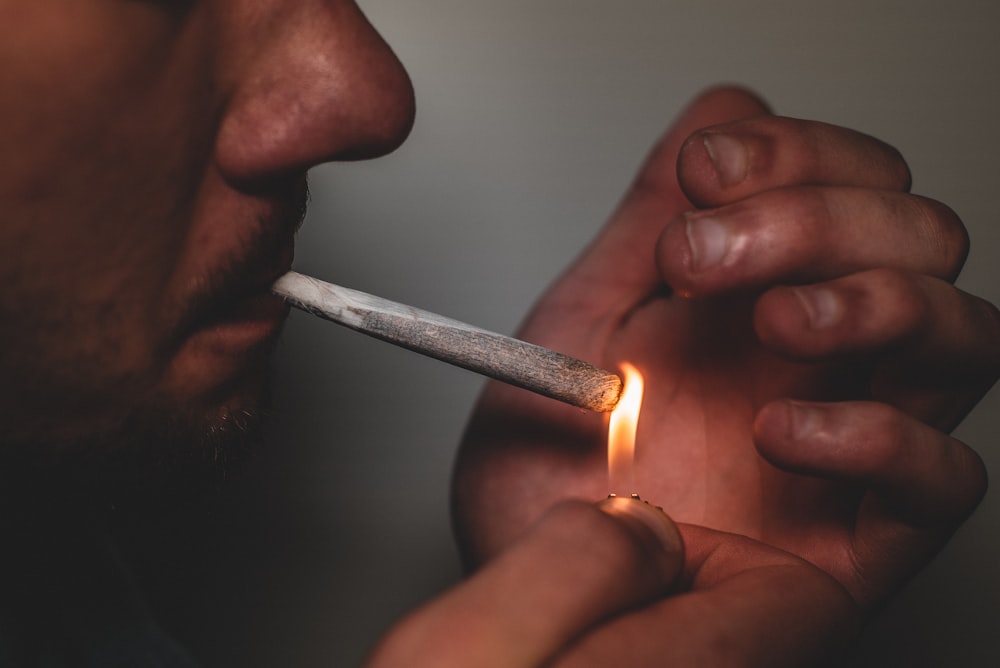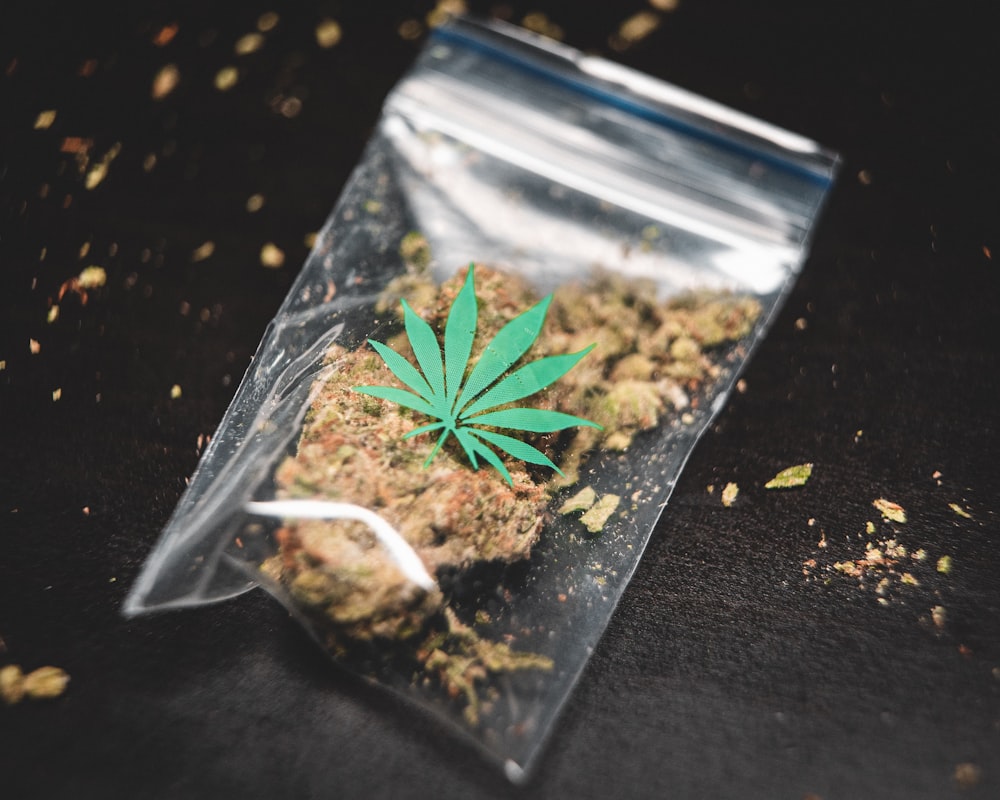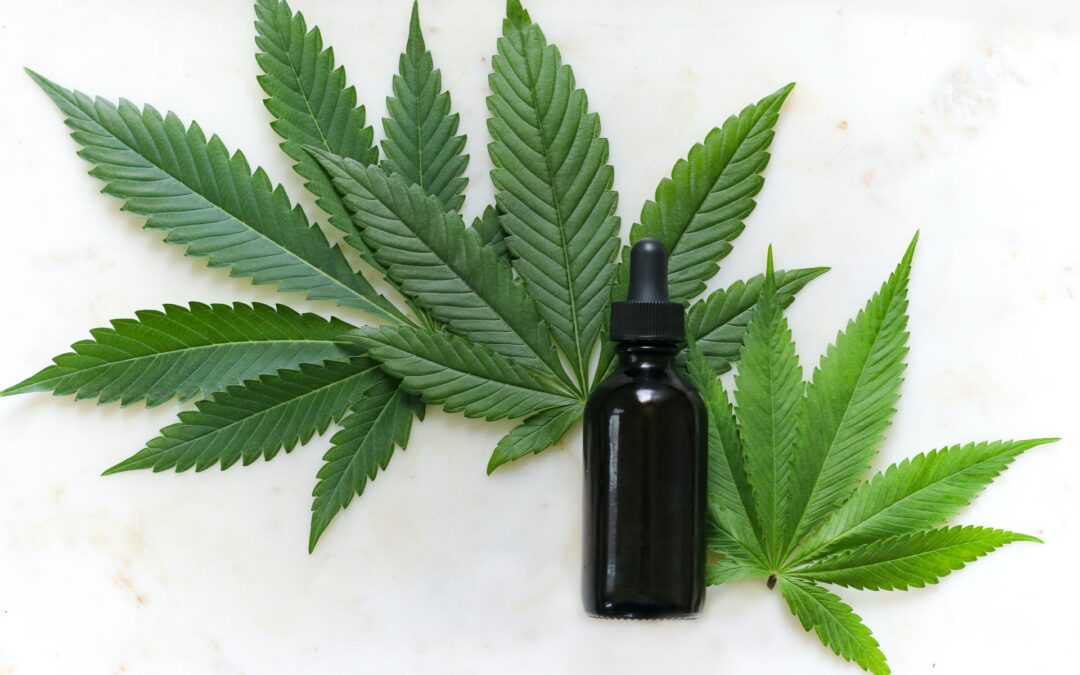In every family, parents eventually begin to consider how to protect their children from potential problems, such as drugs use. Unfortunately, there are no perfect recipes, but there is a range of prevention steps that will help you avoid making poor decisions and acting rashly. And the heart of it all, first and foremost, is the family’s balanced lifestyle.
The key criteria for contact within the family are goodwill, confidence, and regard for the personality of an adolescent. To do so, it is important to maintain contact with the boy, especially during adolescence, and to be aware of his interests and social circle.

When a child witnesses the use of psychoactive substances by close relatives (parents, relatives, friends), he may become involved in drugs use;
However, Three Factors May Prevent Him From Being Addicted:
- The child should be surrounded by a strong adult role model and stable family relationships;
- Child should like himself and be self-assured;
- The child must have a useful hobby.
Guidelines For Parents
- There are some good guidelines for parents to follow in order to stay in contact with their children and keep them away from potentially harmful experiments
- Speak to your child about a range of topics more often;
- Encourage his initiative and listen to what he has to say.
- Respect his personal and spiritual needs;
- Assist in organising the child’s free time so that he has as little as possible (visiting museums, galleries, bars, sports clubs, music and art colleges, and so on);
- Take an interest in your children’s lives, their hobbies, and any questions that arise from them;
- Love your child unconditionally, not for anything (good grades, good conduct, etc. ), but simply because you have him and he is now with you;
- Teach him to be an independent, responsible individual who can anticipate and be responsible for the consequences of his acts. Do not do or make decisions for the child that he must make and carry out himself.
How Can You Talk To Your Child About Drugs? – Let’s See What We Can Do!
1) To discuss drugs use, take advantage of the opportunities that present themselves (for example, there was a storey on television, read a news article, an article on the Internet, in social networks). Inquire about their views on drugs. However, one should avoid explaining the properties of drugs use or using particular names while speaking..
2) Instead of reading the notes, tell the kids about your drug policy. Provide them with reliable data. If you know something about drug abuse, don’t keep it hidden from your kids. Always remember that knowledge is always strength. Simply do it quietly and without attempting to bully them, since the consequence of your actions can be the polar opposite: “the forbidden fruit is sweet.”
3) Talk about drug-free options, such as sports, hobbies, books, and travel. Encourage your children to engage in safe activities, and plan joint family outings more frequently (joint sports, travel, etc.).
4) You should set an example for them; if they see you doing drugs use or drinking every night, don’t expect them to take you seriously.

5) Discuss social pressure with them and devise strategies to combat it.
6) If they admit to using drugs, remain calm and discuss the situation thoroughly.
7) Explain to the children the level of liability (including criminal responsibility) that they will incur even with a single substance use.
8) Make sure they understand that they can come to you for calm, wise support and guidance no matter what happens. Make your child’s life easier by being a mate!
9) If you believe your child does not trust your words and you are unable to maintain contact with him and demonstrate the dangers of substance use, you can always request an anonymous (free) referral from a psychologist who can provide reliable information to your child.
As a result of an intellectual awakening, no one has ever been able to recuperate. If you have any questions, please don’t hesitate to call us


Recent Comments